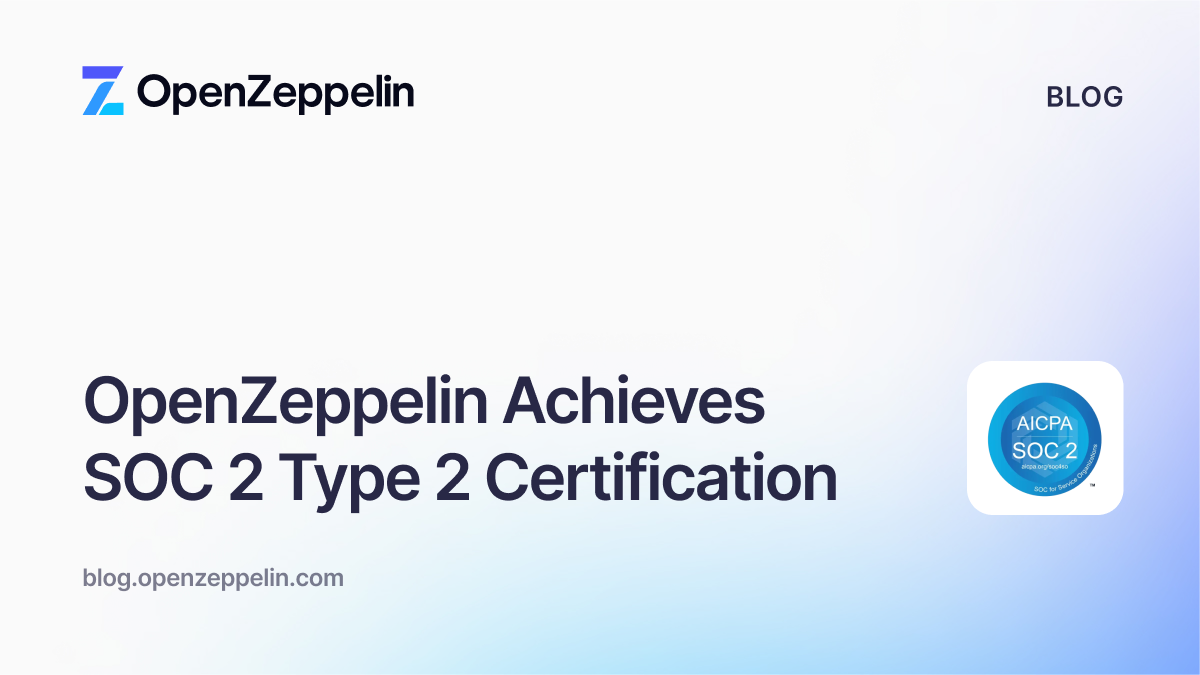OpenZeppelin and The Arbitrum Foundation are joining forces in a groundbreaking partnership to introduce a new era for Smart Contract Development on Ethereum. We are happy to announce that we are expanding OpenZeppelin Contracts and Defender to Arbitrum Stylus while supporting builders in the ecosystem with best-in-class security services.
About Arbitrum Stylus
Stylus is an upgrade to Arbitrum Nitro, the tech stack powering Arbitrum One, Arbitrum Nova, and Arbitrum Orbit chains. It opens the door for developers to write smart contracts in various languages, such as Rust, C, and C++, that compile to WebAssembly (WASM), with robust support and development tools already available for Rust. By integrating with Arbitrum's EVM through a WASM virtual machine, Stylus ensures seamless interoperability between Solidity and Stylus-written contracts, significantly boosting performance while reducing gas costs. Additionally, Stylus dramatically lowers memory usage costs up to 100x, enabling a broader range of blockchain applications by making it feasible to use large amounts of RAM.
A new horizon for builders
Arbitrum Stylus is unlocking unprecedented possibilities for Ethereum developers. The OpenZeppelin Contracts have been a cornerstone for developers seeking reliable and battle-tested smart contracts. With the advent of Arbitrum Stylus, the ability to build EVM-compatible contracts in Rust is now a reality, opening the door to a new era of developer adoption. This leap forward promises to enhance security, interoperability, and efficiency, paving the way for innovative applications and a more robust Ethereum ecosystem.
OpenZeppelin Contracts for Stylus
Since launching in 2016, OpenZeppelin Contracts have become the go-to for developing smart contracts in Solidity, gaining widespread adoption across leading Ethereum projects and accruing millions of downloads. This is why the heart of this partnership lies in the development of the Stylus Contracts Library, starting with Rust.
This library will bring the familiar and widely used token standards such as ERC20, ERC721, and ERC1155 to the Stylus platform, alongside critical components for building secure and interoperable dApps, including:
- Access Control: Ownable and AccessControl for managing permissions within contracts.
- SafeERC20 Utility: For safer ERC20 interactions.
- ERC721Holder / ERC1155Holder: For handling token receipts.
- ERC2771Forwarder: Facilitating meta-transactions.
- ERC165 Utils: For interface detection.
- Upgradeable Proxies: Both Transparent and UUPS proxies for contract upgrades.
- Security: Pausable, adding a layer of control over contract functionality.
- Support for the Contracts Wizard.
While the Stylus library draws considerable influence from its Solidity counterpart, achieving identical features at the outset is not the objective. OpenZeppelin is committed to incorporating feedback from developers and adapting to the ecosystem's needs as it further develops the OpenZeppelin Contracts for Arbitrum Stylus.
A Commitment to Security and Innovation
To accompany the Stylus Contracts Library, The Arbitrum Foundation and OpenZeppelin are committed to supporting builders on Arbitrum with best-in-class security products, quality assurance and services:
- Quality Assurance: The Stylus Contracts Library will undergo the same rigorous testing as the Solidity library to maintain code quality and security.
- Defender Integration: Extending OpenZeppelin Defender's capabilities to support Arbitrum Stylus, enhancing smart contract automation and security operations.
- Audits for Arbitrum Builders: OpenZeppelin's audit team will offer security services to builders within the Arbitrum ecosystem, ensuring applications are secure and resilient.
Time to Build
This is a historic moment in Ethereum's evolution so, join us in building with Arbitrum Stylus:
- Read more about Stylus
- Get started building a Rust-based smart contract
- Join the Stylus Devs Telegram Community
- Check out and contribute to the Awesome Stylus repo


